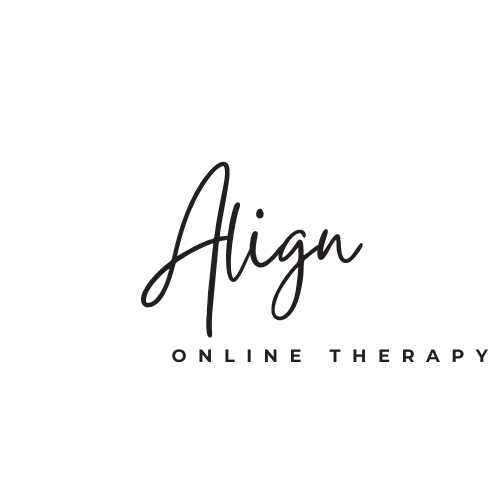6 ways to build confidence to feel more comfortable with and without your partner
You’ve probably heard the saying, “you need to love yourself first before you can truly love someone else." While this makes things easier, the answer to building confidence and loving yourself, in reality, is a bit more complicated. We certainly can love others no matter how we feel about ourselves, but what we lose is balance in the relationship. How balanced can a relationship be if one partner derives their sense of worth, safety, and belonging from the other? If you are the partner struggling with self-compassion, you may not know what you need from the relationship, how to communicate your needs, or set boundaries. It's natural to want to feel close to your partner and comfortable around them, but it's also essential to maintain a sense of self and independence. Needing your partner to make you feel happy and validated can put a lot of pressure on your partner and the relationship.
This may leave your partner feeling emotionally exhausted or questioning the relationship. They may ask themselves:
- Does this person genuinely love me, or do they just love the feeling of being wanted?
- Do they crave my constant validation because they can't give it to themselves?
- I need my own space, but how do I ask without hurting their feelings?
In this article, we'll explore strategies for building confidence in yourself and your relationship so that you can feel comfortable with and without your partner.
1. Practice Self-Care
Sometimes self-respect feels like selfishness. In reality, taking care of ourselves allows us to show up as our best selves for others. When you care for yourself physically and mentally, you tell yourself that you matter. Self-care should be seen as preventative, meaning we shouldn’t wait until we are burned out.
No time for self-care? Start small. Start by caring for your body's fundamental needs. We all know what happens when we get “hangry” or tired. It can be difficult to do actual self-care if we aren't taking care of these basic needs.
2. Set Boundaries
Setting, maintaining, and enforcing boundaries are key components of any relationship, but they are especially important for building confidence and comfort in relationships with our partners. Maintaining boundaries makes partners feel safe and connected, creating a sense of security and trust.
3. Develop Your Own Interests
Pursuing your passions outside the relationship helps you develop self-worth. The process of learning something new or practicing a skill can allow you to feel a sense of accomplishment and pride, building self-resilience and security outside of your relationship.
4. Communicate Effectively
It is said that "vulnerability is the currency of intimacy" because we can never develop meaningful connections without it. Next time you watch a movie or television show, count how often a problem develops because one character doesn't communicate their situation or feelings to someone. Communicating effectively makes you feel seen and heard, building understanding and trust. The best part about expressing your needs and feelings? You're more likely to get them met.
5. Practice Mindfulness and Self-Reflection
Mindfulness is being present in the moment and evaluating your thoughts and feelings without judgment. It can help us see the motivation behind our behaviors, own up to our actions, and respond more consciously during uncomfortable situations. We feel more comfortable with ourselves and our partners by learning to place our egos aside and respond in ways that better align with our values.
6. Build a Network of Support Outside of the Relationship
While it’s good to communicate your needs and feelings to your partner, sometimes you just need to vent to someone else. Having a support system outside of your relationship can allow you to process experiences, try out solutions, or shift your perspective. It also lets you feel validated in your experience, which builds self-worth and comfort.
It is our individualities that strengthen our love for others. By prioritizing your needs and boundaries, developing your interests, and practicing mindfulness, you can build a stronger sense of self and a healthier, more fulfilling relationship with your partner. Remember that confidence comes from within – and when you're confident in yourself, you're more likely to feel comfortable in all areas of your life.
Learn more by visiting these resources:
The Knot: Relationship Confidence
Dr. Kristie Overstreet: 5 ways to gain confidence in relationships
Read more articles written by Julia by clicking her name below



